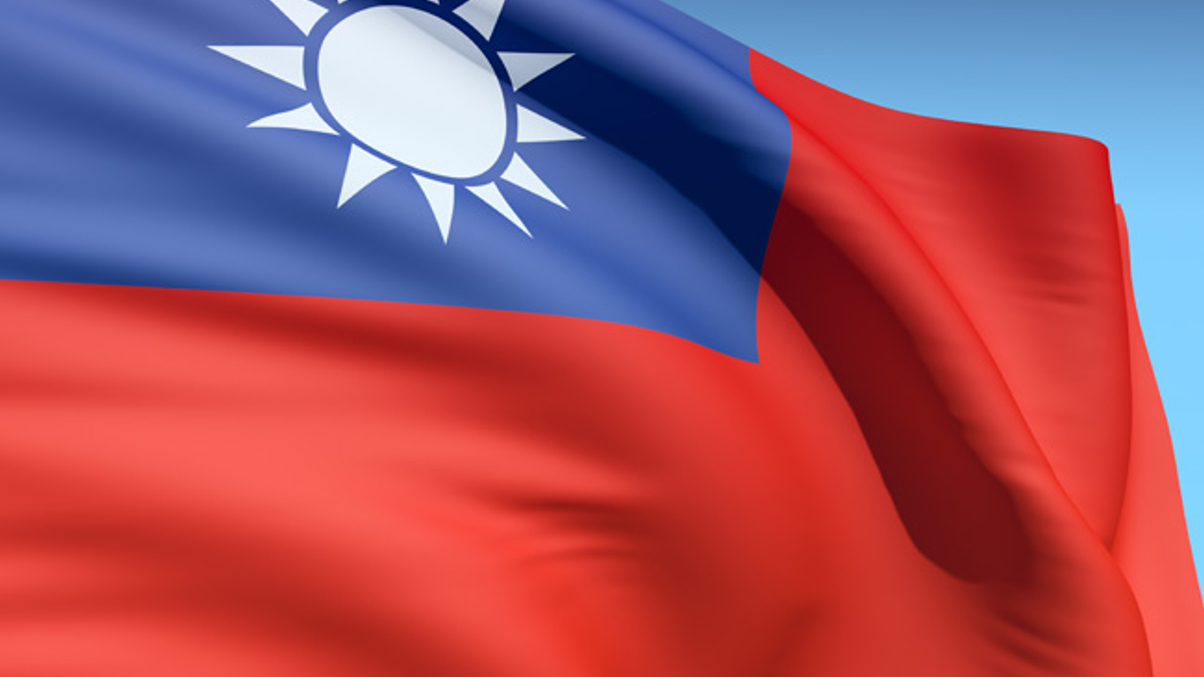ING seeks to build securities scale in Taiwan
The firm is granted regulatory approval to merge its two existing securities enterprises to increase its onshore competitiveness.

ING has made a bold move in Taiwan to expand its operational scale by merging its two existing securities enterprises in a drive to pool resources and increase its onshore competitiveness.
Sign in to read on!
Registered users get 2 free articles in 30 days.
Subscribers have full unlimited access to AsianInvestor
Not signed up? New users get 2 free articles per month, plus a 7-day unlimited free trial.
¬ Haymarket Media Limited. All rights reserved.


